#fantasy ya book
Text
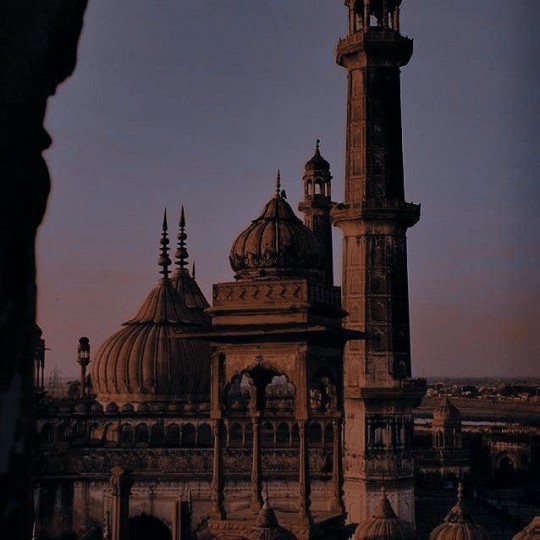



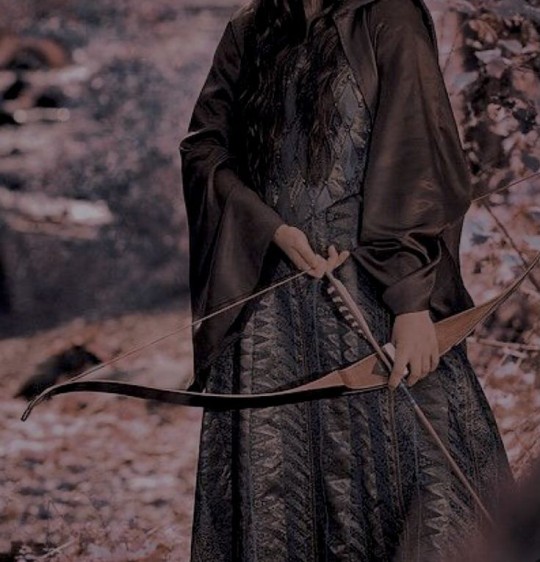

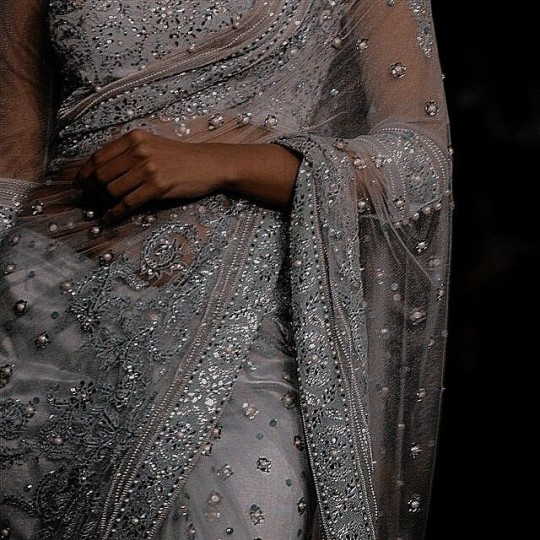
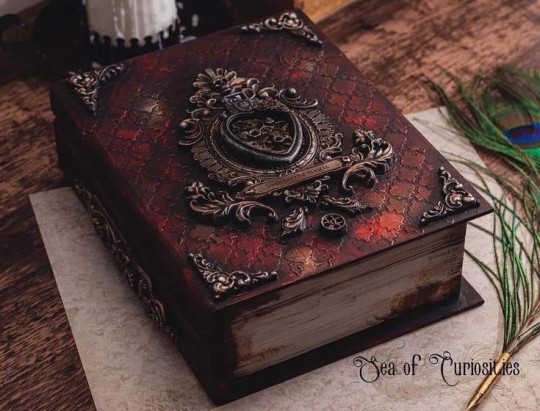
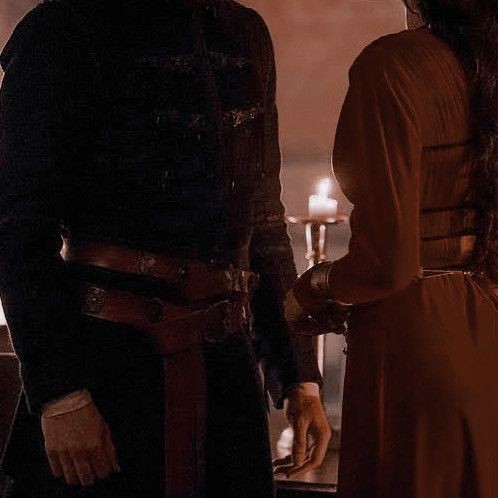
If you want me obedient, prince, kill me and carry my corpse.
— Zafira bint Iskandar
We Hunt The Flame by Hafsah Faizal {@hafsahfaizal}
#we hunt the flame#we free the stars#hafsah faizal#zafira bint iskander#nasir ghameq#altair al-badawi#benyamin haadi#kifah darwish#fantasy ya book#book recs 2022#arab#tiktok bookrec#arab representation#moodboard#imma use the hashtag#six of crows#bc the books are basically related#zumra#whtf#wfts#nafira#ancient arabia#enemies to lovers#enemies to lovers trope
176 notes
·
View notes
Text
y’all love the morally gray, snarky, grief stricken characters until it’s a woman. i’ve seen so much discourse regarding female characters who display the exact same character traits as male leads and are criticized for it while the men are praised. let women be cruel and vindictive. let them deal with their grief and trauma in destructive ways. let them be real. give them the same treatment you would give to your favorite male love interest.
#nesta archeron#aelin galythinius#manon blackbeak#ya fantasy#amren#bryce quinlan#zoya nazyalensky#jude duarte#sjmaas#book women#juliette cai#fuck the patriarchy#feminism
38K notes
·
View notes
Text
#book blog#bookish#bookworm#book review#books#book recommendations#booklovers#booklr#books and reading#ya books#writeblr#writers of tumblr#writing#fantasy books#creative writing#ya fantasy books#books & libraries#book quotes#writers block#writers#writing blog#writblr#tumblr writers#writer problems#writerblr#writers community#writers corner#writers on tumblr#writerscommunity#writing community
4K notes
·
View notes
Text
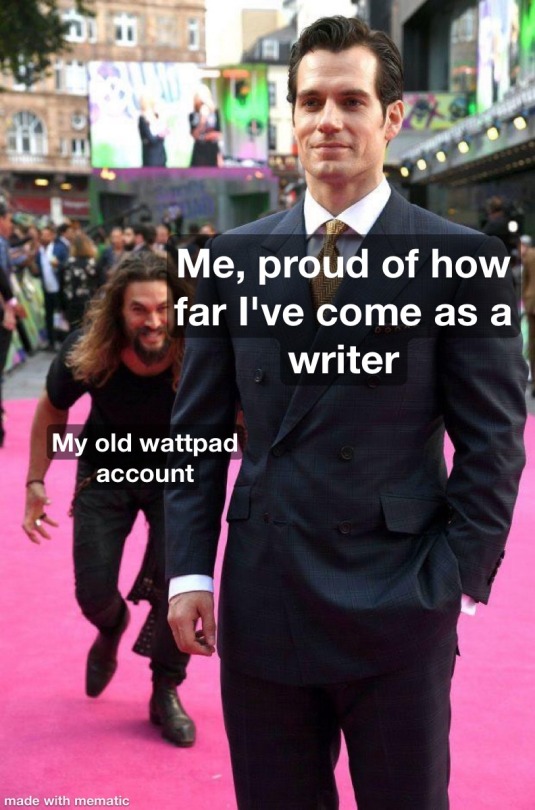
#oh the shame#wattpad#writing memes#writing humor#writing blog#feral writing#writing#writeblr#my writing#fantasy#fantasy author#romantasy#ya fantasy#writerscommunity#ya romance#novelist#cat fayssoux#ya fantasy author#fantasy books#romance books#books & libraries#writers life#romance writing#writers#writer#creative writing#writers of tumblr#writing community#writers on tumblr#writing tropes
2K notes
·
View notes
Text
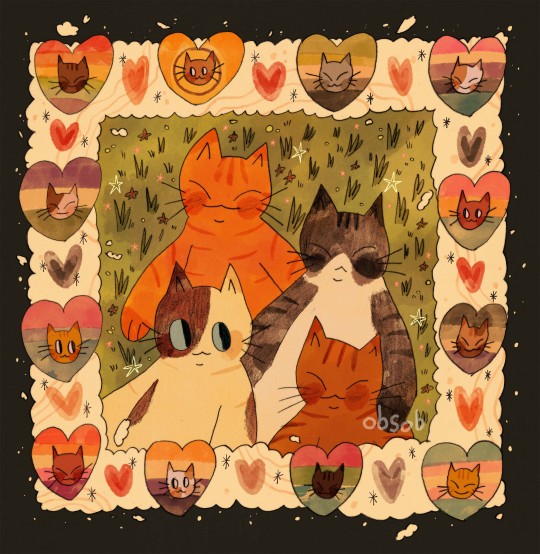
happy and proud!!
✷(print shop)✷
#mine#original#sm how managed 2 miss pride month....but its pride month every month in this house hold#ive read two bad YA books so far this month as a break from th 2nd farseer book but now.....i am back.........i am reading th 3rd one#its gna make my brain explode i can feel it#n then idk what i will read. maybe th hands of th emperor#could i read smth other than 800 page epic fantasy pls#the YA books werent too bad for YA but they hve that YA cringe 2 it. idk how u people read it constantly#if i hve 2 read th word 'heck' one more time#also theres always like. disney channel vibes. like i read gay YA romance n its so sanitised n vanilla. its so superficial#like i get this is for 16 year olds but were is the longing. the yearing. these guys are fanfic tropes stuck 2gether 2 glue.#also. what is with nearly every mlm romance / fantasy being YA not adult fiction. whats up w that#anyway hve a good evenin im gna do knitting!!!!!!!!!!!!
4K notes
·
View notes
Text
There is a type of plot that is prevalent in YA books and starting to get into general lit that I do not like. It is a similar trope to the MacGuffin, but instead of the plot being driven by an object, it is driven by the characters being in some sort of situation with formally fixed stakes.
Just as a MacGuffin is an object with no specific properties that affect its importance to the story, the identifying characteristic of this plot is that exact nature of the situation is irrelevant or at least not very important.
A very common example is when characters are involved in some sort of game or competition—for example, the first Throne of Glass book involves the protagonist competing to become the king's assassin, but the plot of the book would need to change very little if the competition was a beauty pageant.
"Gamified" plot lines like this often also include MacGuffins (to drive the "game"), confirming the tropes' similarity in my head.
The other common example is the "magic/superhero/assassin school" plot. The "school" is often just a device that brings the characters together and keeps them on a predetermined track, but there's nothing about what the characters are learning or even the school's specific identity as an educational institution that affects the plot.
11K notes
·
View notes
Text
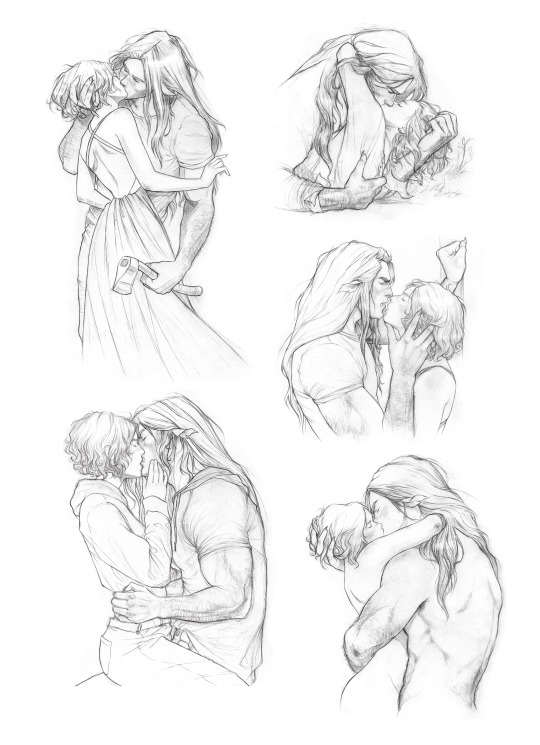
How many ways can I draw this couple kissing? I found a ton of these while putting together my 2023 artvsartist grid. Way more than what's here, but these are the ones that I like, that have no background, and won't get me banned on social media haha
#beauty and the beast#ya fantasy#monster boyfriend#fairytale retelling#monster romance#fantasy illustration#retellings#book characters#ekbelsher
2K notes
·
View notes
Text
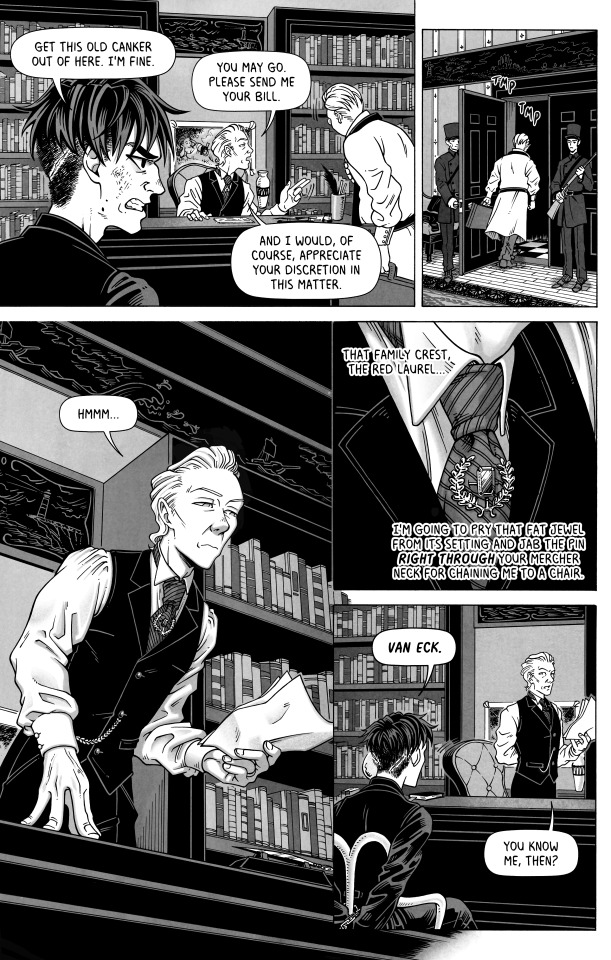
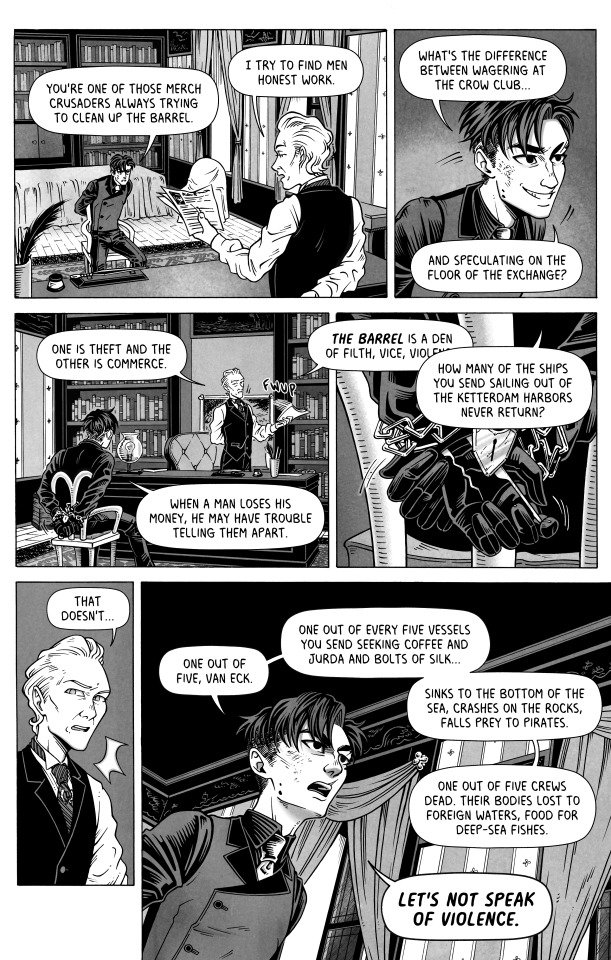
Six of Crows: A Comic Adaptation
Part 1, Chapter 3
Pages 19–20
Previous Pages
Next Pages
Download the Chapter 2 Digital Copy
#soc comic adaptation#six of crows#soc#six of crows fanart#six of crows duology#six of crows comic#soc fanart#grishaverse fanart#grishaverse#kaz brekker#comics#jan van eck#ya fantasy#ya fiction#fantasy books#book art#bookblr
896 notes
·
View notes
Text
Tiktok sensation LightLark is the final boss of bad fantasy YA— a failure built on aesthetic boards and tropes, unable to pretend it has a heart
Tiktok sensation LightLark is the final boss of bad fantasy YA— a failure built on aesthetic boards and tropes, unable to pretend it has a heart
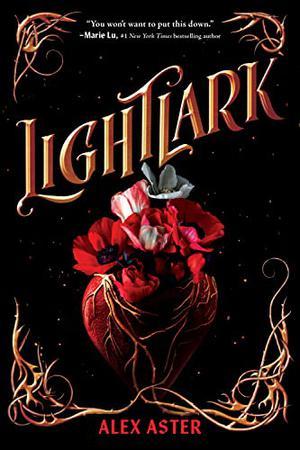
View On WordPress (Includes audio version)
A full summary with spoilers, analysis, quotes- and so much more on the subject of a book you should never read. This is a long piece. Like ‘Youtube Video Essay’ long.
Lightlark is joyless, a husk beyond parody, a checklist of every Island of Blood and Bone and Glass and Hearts that has come out in the last five years, built and sold on tropes and aesthetic boards. This is a book written by an author who is not a writer. It would fit in on the dregs of an amateur writing site with eerie perfection.
But Lightlark is more than that. You see, Lightlark is… a TikTok book.
EDIT:
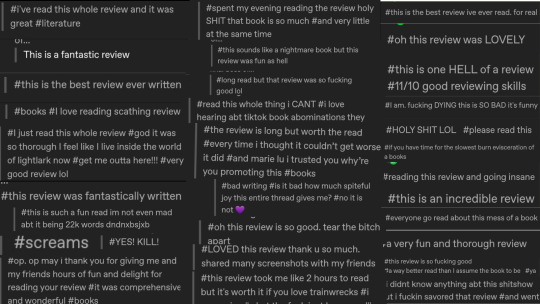
Thanks :')
There's now a video version. I heard Tumblr likes video essay long watches on obscure very specific content... may I introduce you to:
youtube
I'm not making a dime on this, I have no horses, only like 70 hours of work looking at this mess of a book and I just want to make sure everyone knows how bad it is. Let's be bitter at this multimillionaires flop together.
#Alex aster#Book drama#Book Review#booktok#fantasy#fiction#Lightlark#Review#romance#writing#YA#YA books#YA fiction#young adult#Youtube
11K notes
·
View notes
Text
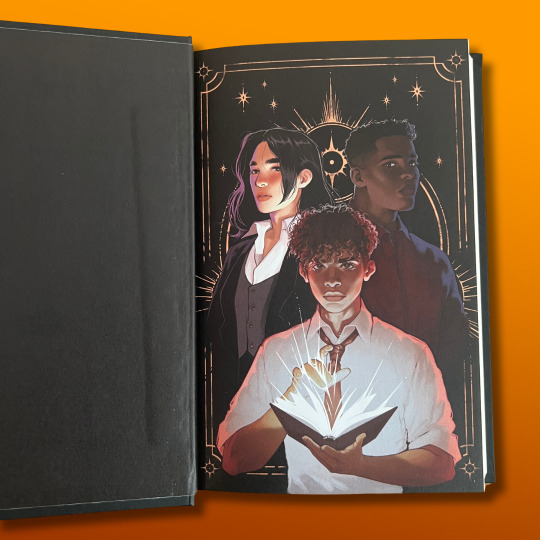
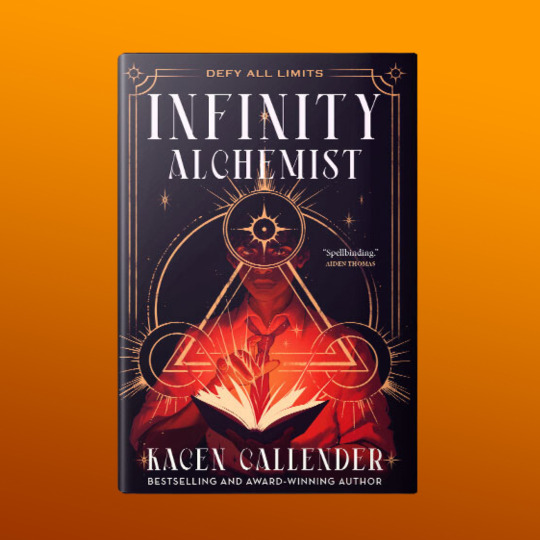
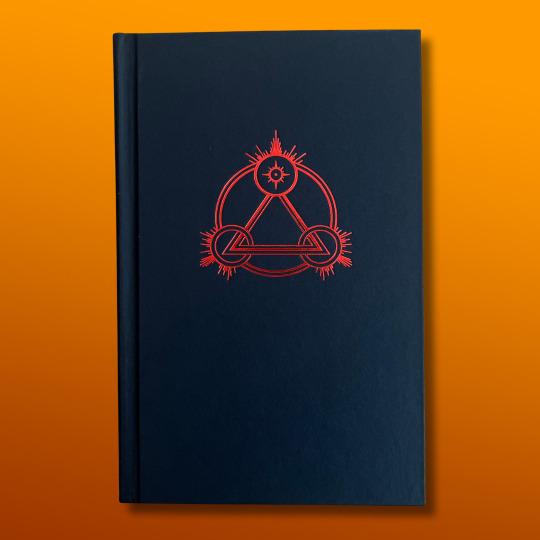
This advertisement is for Infinity Alchemist, a dark academia fantasy about a quest that leads three young alchemists toward dangerous truth, legendary love, and extraordinary power from the bestselling and award-winning author of Felix Ever After, Kacen Callender.
The art featured in this image is by Chris Sack.
WHAT’S IT ABOUT
Defy All Limits.
For Ash Woods, practicing alchemy is a crime.
Only an elite few are legally permitted to study the science of magic—so when Ash is rejected by Lancaster College of Alchemic Science, he takes a job as the school’s groundskeeper instead, forced to learn alchemy in secret.
When he’s discovered by the condescending and brilliant apprentice Ramsay Thorne, Ash is sure he's about to be arrested—but instead of calling the reds, Ramsay surprises Ash by making him an offer: Ramsay will keep Ash's secret if he helps her find the legendary Book of Source, a sacred text that gives its reader extraordinary power.
As Ash and Ramsay work together and their feelings for each other grow, Ash discovers their mission is more dangerous than he imagined, pitting them against influential and powerful alchemists—Ash’s estranged father included. Ash’s journey takes him through the cities and wilds across New Anglia, forcing him to discover his own definition of true power and how far he and other alchemists will go to seize it.
#Infinity Alchemist#Kacen Callender#Defy All Limits#Tor Teen#Tor Books#Fantasy#YA Fantasy#Dark Fantasy#Dark Academia#LGBTQ romance#Alchemy#Alchemist#Magic School#Booklr#New books#New releases#Tbr#Bookworm#Literature#Bookish
868 notes
·
View notes
Text
The Most Powerful Hack to Make Your Readers Cry
You’ve seen it all: show, don’t tell, plant a visceral image in the reader’s brain of the environment/character, write a complex character arc with lots of growth and setbacks, establish deep relationships, high stakes, etc.
All the advice for making readers cry I’ve seen so far is basically that list. But, while those things are absolutely important, I find that the thing that always does the trick, whether as a tipping point or in and of itself, is this:
THE CALLBACK!
Before we move on, this is an ANALYSIS heavy post, so all the book + show examples contain spoilers!!
So, what do I mean by a “callback?” Think of Chekhov’s gun, but, here, you use the gun to pierce your reader’s heart. As a refresher for anyone who needs it, Chekhov’s gun is just a rule in writing that anything you introduce in the book should play some role in the plot.
Specifically, the name comes from the example that if a reader introduces a gun in the first act, it MUST go off later, (maybe, say, in the third act). For example, in the TV show Breaking Bad, the protagonist Walter White prepares a vial of poison (ricin) that he wanted to use to eliminate an opponent early on in the series. After the assassination attempt falls through, the ricin makes an appearance again in the very last episode of the show, when Walt finally uses it to kill another opponent.
Got that? Alright, onto the examples of successful, tearjerking callbacks:
1. The Last Olympian (Rick Riordan); “Family, Luke, you promised.”
Context: The character Annabeth says this line. Years ago, Annabeth had run away from home, and Luke had effectively adopted her into a found family with another kid named Thalia. Common reason for leaving home = parental trauma! Yay! He promised Annabeth that they would be each other’s “family” from now on.
Now: Kronos, the antagonist titan, has possessed the demigod Luke and uses his body to strike Annabeth, injuring her. She’s also holding a dagger that Luke had given her when she joined his “family.”
Significance: her words + the dagger are a mental + physical reminder to Luke of his promise. They force him to recognize the sheer degree of his current betrayal by bringing him back to a different time. The fact that their found family only happened because of parental trauma bringing them together makes it worse—Luke felt abandoned by his Olympian father, Hermes. Now, he realizes that he basically did the equivalent to Annabeth by joining the titans.
2. Les Miserables (Victor Hugo); Jean Valjean’s death
Context: At the beginning of the book, the bishop had caught Valjean trying to steal candlesticks to sell. Instead of handing him over to the police, the bishop told the police that he had given them to Valjean, saving him from arrest and showing him mercy. This changed his life forever, kickstarting his character redemption arc.
Now: Jean Valjean dies surrounded by his loved ones, remembered as a benevolent man who bettered thousands of lives. He’s surrounded by light from candlesticks that once belonged to a bishop.
Context: Valjean had once taken in an impoverished woman named Fantine, showing her mercy and promising to take care of her daughter, Cosette, after Fantine died. Valjean then rescued Cosette from abusive quasi-foster parents (it’s a long story), raising her as his own daughter. This furthered his arc by allowing him to finally understand how unconditionally loving someone feels.
Now: Valjean describes Fantine to Cosette, who never knew her mother.
Significance: Both examples throw readers back to much earlier points in the story before the completion of Valjean’s character arc. In a way, this final scene feels like an external manifestation of his kindness paying off; both he and the reader feels a sense of accomplishment, relief, and just a general “OMG WE MADE IT.” Readers don’t feel cheated, because they were with Valjean every step of his 1,400 page arc. The weight of it all just crashes down on you...
3. Your Lie in April (anime); Kaori’s letter after she dies
Context: Kaori’s entire plot significance is that she helps Kousei, a piano prodigy who can’t play piano anymore due to traumatic parental memories associated with it, play again—but also, just to help him enjoy life again after a turbulent upbringing. She meets him a year before she dies of a medical condition, and her free spirit + confidence influences him to find beauty in life and music again. They basically do a crap ton of crazy funny stuff together lol
Now: Kaori has died, and she leaves a letter to him. Among other general confessions and thoughts, she references things they did and memories they shared: she says, “sorry we couldn’t eat all those canelés,” reminisces about jumping with him off a small bridge into the stream below, “racing each other alongside the train,” singing Twinkle Twinkle Little Star as they rode the bike together, etc.
Significance: Yes, the nature of the letter is just sad because she’s revealing that she loved him all along, apologizing for not being able to spend more time with him, lying that she didn’t like him (to spare his feelings b/c she knew she would die soon), etc. BUT, these small details highlight exactly how many experiences they shared, and the depth of their relationship. Thus, they emphasize the significance of her death and the emptiness it leaves behind.
4. Arcane (show); “I thought, maybe you could love me like you used to, even though I’m different.”
Context: Character Jinx says this in the last episode to her now estranged older sister, Vi. Without going into the crazy complex plot, basically, orphans Vi and Jinx used to care for each other before a bunch of crap went down that got them separated. They then grew up on opposite political sides; Jinx grows up on the side of the underbelly city rebellion, and Vi grows up working on the side of the richer city that essentially oppresses the undercity. Thus begins the development of their opposing viewpoints and work environments, to the point where they always meet on opposite sides of a political battle, never able to come together as a family or understand each other again.
Now: After a super dramatic confrontation, Jinx reveals that although she wants Vi to love her like she did before their separation, she knows it’s not possible because “[Vi] changed too.” She finishes with, “so, here’s to the new us” before blowing up a political council meeting a few blocks down filled with people Vi sides with. Oops! This cleanly seals the fate of their relationship as something basically irreparable.
Significance: This callback isn’t through literal flashbacks or items like in the previous examples. Jinx’ lines are enough to bring back images of their childhood to the audience’s mind. Now, the audience subconsciously places this image of: 1) two sisters so different, hurt, and torn apart, right next to 2) the image of two sisters as innocent children who loved each other and would care for each other no matter what.
Why do callbacks work so well?
If you’ve noticed something in common with all of them, you’re right: they remind audience of a time BEFORE the characters have come so far on their arcs, developed, and put on so much more emotional baggage.
Callbacks force the audience to SUDDENLY and IMMEDIATELY feel the weight of everything that’s happened. The character’s anguish and overwhelming emotions become the audience’s in this moment. Callbacks are a vehicle for the juxtaposition of worlds, before and after significant development.
This works because we, as mortals, fear IMPERMANENCE the most. We fear LOSS. For us, time gone is time we will never get back; callbacks make us face that exact fact through a fictional character. A lost moment, time period, or even part of oneself may hurt as much as losing a loved one, and nothing makes humans grieve more than the realization of a loss. A callback slaps the audience in the face with the fact that something was lost; loss hurts so much because almost 99% of the time, what’s gone is gone forever.
Of course, a good callback requires good previous character development, stakes, imagery, and all that jazz, but I thought I’d highlight this specifically because of how under covered it is.
∘₊✧────── ☾☼☽ ──────✧₊∘
instagram: @ grace_should_write
I’ve been binging general media lately: I finished Death Note, Your Lie in April, and Tokyo Ghoul all within like a month (FIRST ANIMES I”VE EVER WATCHED!!), reread lots of Les Miserables, analyzed a bunch of past shows like Breaking Bad, watched a bunch of My Little Pony, worked to fix up my old writing... and that’s not even all! The amount of times I’ve CRIED while enjoying the above media and so much more honestly just inspired this post.
Like, no joke, my eyes were almost always swollen during this period whenever I hung out with my friends and it was so embarrassing help
Personally, I just find that this method works super well for me, and I watched a bunch of reaction videos to these above scenes (and read book reviews on the book scenes I mentioned), and it seemed that just about everyone cried during these parts. That’s when I realizes that the callback might also just be a universal thing.
Anyway, this post is long and dense enough as is. SORRY! As always, hope this was helpful, and let me know if you have any questions by commenting, re-blogging, or DMing me on IG. Any and all engagement is appreciated <3333
Happy writing, and have a great day,
- grace <3
#writers on tumblr#writing tips#writing#booktok#writer#writeblr#novel#writerslife#writergram#wattpad#media analysis#wip#ya fantasy#plot holes#characters#writing ideas#writing a book#anime#your lie in april#percy jackson#arcane
675 notes
·
View notes
Text

Lost in the pages 📖
#booklr#book photography#book picture#open books#pages#bookworm#bibliophile#ya fiction#ya fantasy#fantasy#na fiction#book community#book aesthetic#book lover#book nerd#my photos#mine
344 notes
·
View notes
Text
🗣️: "It's so boring to read books"
No bro, it's the most wonderful feeling anyone can experience. Watching some of the most beautiful words flow effortlessly on a piece of paper unveiling the most show-shattering storyline with those beautiful beautiful flawed characters who make us feel at home every damn we enter their universe is what not everyone can understand.
#zade meadows#hunting adeline#aaron warner#warnette#shatter me#roma montagov#these violent delights#our violent ends#roma and juliette#percy jackson#percabeth#pjo#jameson hawthorne#grayson hawthorne#the inheritance games#kaz brekker#six of crows#rhysand#acotar#ya fantasy#enemies to lovers#book boys#sjm#shadow and bone#rick riordan#dark academia#dark academia aesthetic#chaotic academia#light academia#romantic academia
250 notes
·
View notes
Text
#writeblr#writers of tumblr#writing#booklr#bookish#fantasy books#creative writing#book blog#ya fantasy books#ya books#bookworm#book review#books#books and reading#book recommendations#booklovers#books & libraries#book quotes#bookblr#reading#goodreads#bookstagram#currently reading#book#writers block#teen writer#tumblr writers#writblr#writer problems#writerblr
1K notes
·
View notes
Text
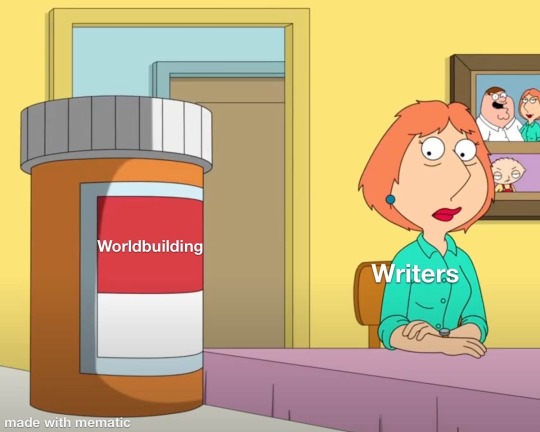
#sometimes it's just so much fun tho#worldbuilding#writing memes#feral writing#writing#writeblr#my writing#fantasy#fantasy author#romantasy#ya fantasy#writerscommunity#ya romance#novelist#ya fantasy author#writers#writer#writers on tumblr#writers of tumblr#writing community#creative writing#writblr#writer life#fantasy books#books and reading#romance books#booklr#bookblr#books & libraries#writing blog
2K notes
·
View notes
Text

"You like purple, right?"
Yes, Charlie 😂
Doodles of Bella Swan because I can and I have nostalgia, and don't forget book-cactus-ketchup 📚🌵🥫
#book fanart#illustration#twilight#twilight saga#twilight series#bella swan#bella x edward#isabella swan#my art#artists on tumblr#procreate#edward cullen#twilight fanart#bookstagram#books and reading#booktok#ya books#fantasy books
822 notes
·
View notes